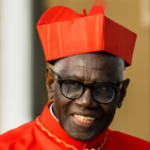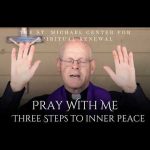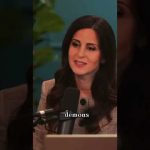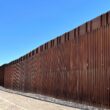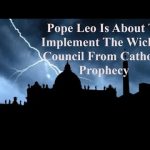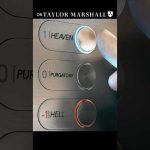null / Credit: Lisa Missenda/Shutterstock
Denver, Colo., Dec 22, 2023 / 07:00 am (CNA).
This year, the fourth Sunday of Advent falls on Dec. 24 — Christmas Eve. The next day is Monday, Dec. 25 — the solemnity of the Nativity of the Lord. That means the faithful must attend two Masses back to back to meet their Sunday and Christmas Day obligations.
In a newsletter issued in early 2017 — the last time Christmas Day fell on a Monday — the U.S. Catholic bishops addressed questions regarding whether Sunday and holy day Mass obligations can be fulfilled with a “two-for-one” Mass attendance at Christmas this year.
Because Catholics are obliged to attend Mass on Sundays and holy days of obligation, some have asked whether a Sunday evening Mass on Christmas Eve would fulfill both the obligation for a Sunday Mass and the obligation for a Christmas Day Mass.
However, the U.S. Bishops’ Committee on Divine Worship has said the faithful should attend two Masses to fulfill their Sunday and Christmas Mass obligations.
Since the mid-20th century, the Church has allowed Catholics to attend vigil, or anticipated, Masses for Sundays and holy days of obligation as “a convenience for many of the faithful.”
“Most canon lawyers defer to Venerable Pope Pius XII’s apostolic constitution Christus Dominus (Jan. 6, 1953), which gave 4 p.m. as the earliest time when anticipated Masses may be scheduled,” the bishops said in their 2017 letter.
This means that the Sunday obligation for Dec. 24 can be fulfilled on Sunday or anytime after 4 p.m. on Saturday, Dec. 23, and the Christmas Mass obligation can be fulfilled on Monday or anytime after 4 p.m. on Dec. 24.
In the case of two consecutive days of obligation, as at Christmas this year, the “prevailing view of many canon lawyers is that each obligation must be fulfilled with a separate Mass,” the bishops said.
“Thus, when consecutive obligations occur on Saturday-Sunday or Sunday-Monday, the faithful must attend Mass twice to fulfill two separate obligations.”
According to the bishops, the question of whether such obligations could be fulfilled in one Mass has been raised before by bishops in a “dubium,” which was “answered in the negative by the Sacred Congregation for the Clergy and approved by Blessed Pope Paul VI in 1970.”
“The Church’s intention in extending the possibility of meeting Mass obligations through vigil Masses, while intended to make it easier to fulfill obligations, was never envisioned as a legal loophole, and, hence, separate obligations remain,” the bishops said.
The bishops emphasized that they hoped that Catholics “foster a love for the sacred liturgy and hold a desire to celebrate the holy days as fully as is reasonably possible.”
They also noted that pastors may grant dispensations to individuals or families “for a just cause and subject to any regulations laid down by the diocesan bishop.”
“At the same time, diocesan bishops may examine their regional circumstances and grant general dispensations or commutations, while permitting their pastors to make judgments in individual cases,” they said.
This article was originally published on Dec. 1, 2017, and was updated Dec. 18, 2023.


